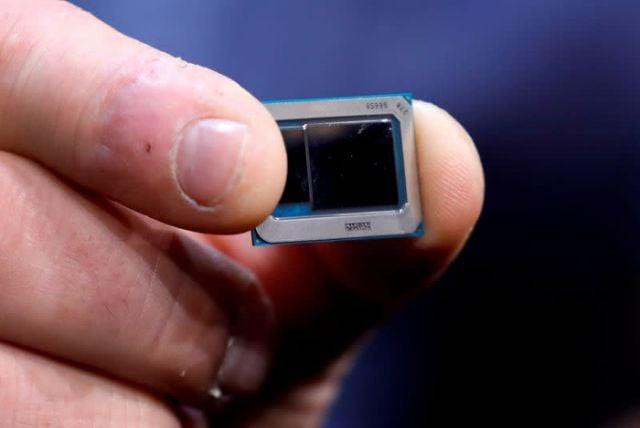South Korea to foster local development of next-generation power chips
South Korea’s government will foster the development of non-silicon power semiconductors

South Korea’s government said on Thursday it will foster the local development of non-silicon power semiconductors for use in electric vehicles and other new technology that require power efficiency and durability.
With this, South Korea joins other countries such as the United States, China, and Japan to announce policies to promote native chip industries, including the manufacture of power semiconductors.
Chip shortage threatens production of laptops, phones
With private sector cooperation, the government aims for the domestic development of five or more types of power semiconductor for commercialisation by 2025, made from compounds more efficient, durable, or which can be miniaturised to a greater degree than common silicon, such as silicon carbide, gallium nitride, and gallium oxide.
Power chips can handle greater voltages and currents compared with conventional chips.
Carmakers wake up to new pecking order as chip crunch intensifies
It will also actively support private-sector efforts to domestically build 6 to 8-inch wafer chip contract manufacturing infrastructure, the Ministry of Trade, Industry, and Energy said in a statement.
“The government plans to actively support R&D and the formation of infrastructure to preempt the market for next-generation power semiconductors, which is still in its early stages, and build a solid industrial ecosystem,” the industry and trade minister, Sung Yun-mo, said in the statement.



















COMMENTS
Comments are moderated and generally will be posted if they are on-topic and not abusive.
For more information, please see our Comments FAQ